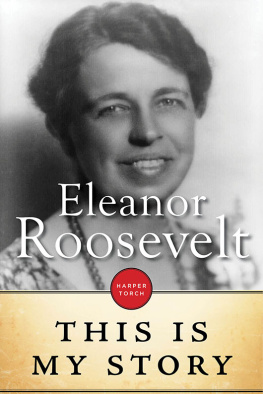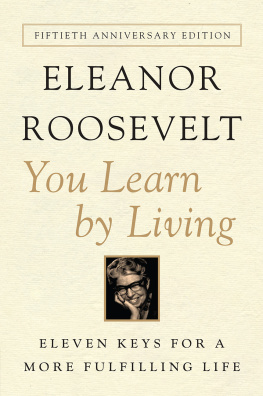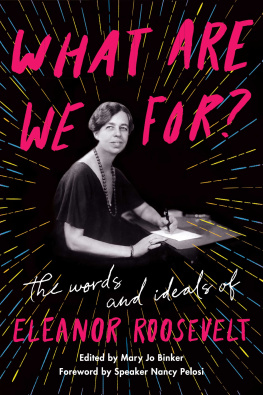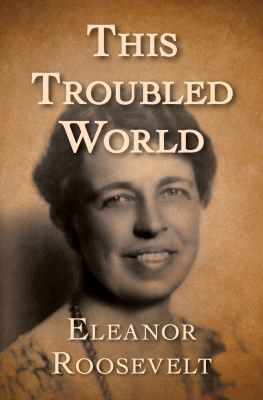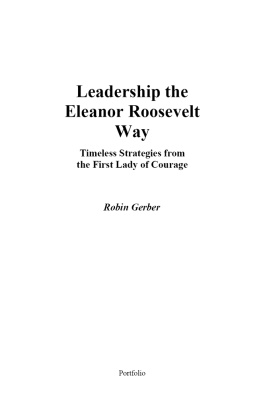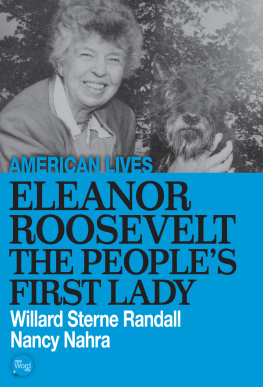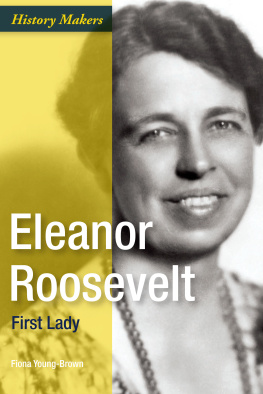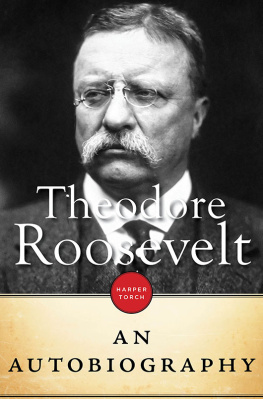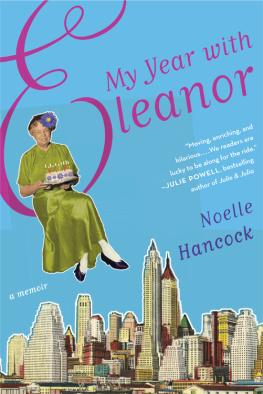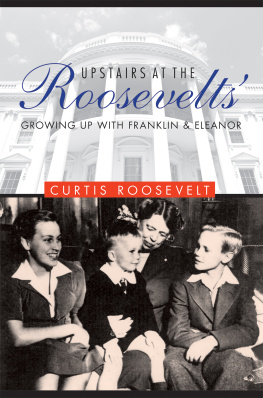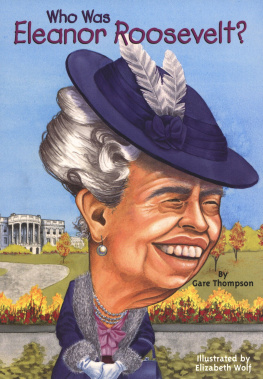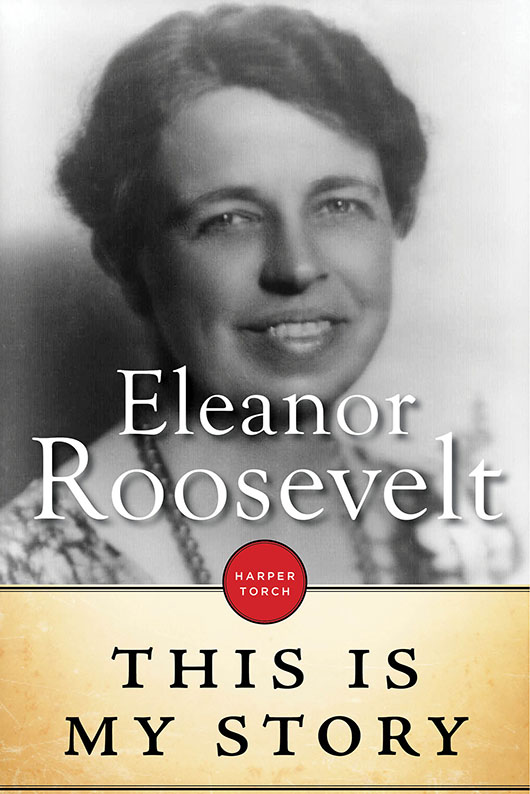Memories of My Childhood
Background
My mother was one of the most beautiful women I have ever seen. The Halls were noted for their beauty and charm in the days when New York City was small enough to have a society spelled with a capital S! She had been largely brought up by her father, who died when she was seventeen. It must have been a curious household, for my Grandfather Hall never engaged in business. He lived on what his father and mother gave him.
He had a house in New York City at 11 West 37th Street, and he built a house on the Hudson River about five miles above the village of Tivoli, on land which was part of the old Chancellor Livingston estate. My grandmothers mother was a Miss Livingston, and so we were related to the Livingstons, the Clarksons, the DePeysters, who lived in the various houses up and down the River Road.
My Grandfather Halls great interest was in the study of theology, and in his library were immense books dealing with religion. Most of them were of little interest to me as a child, but the Bible illustrated by Dor occupied many hoursand I think, probably gave me many nightmares!
A clergyman, Mr. W. C. P. Rhoades, lived with my grandfather in order that he might have someone with whom to talk on equal terms! My Grandmother Hallwho had been a Miss Ludlowa beauty and a belle, was treated like a cherished but somewhat spoiled child. She was expected to bring children into the world and seven children were born, but she was not expected to bring them up. My grandfather bought her clothes and adornments of every kind, but he told her nothing about business, never even taught her to draw a check, and died without a will, leaving her with six children under seventeen years of age, a responsibility for which she was totally unprepared.
The two eldest children, my mother and Tissiewhose real name was Elizabeth and who later became Mrs. Stanley Mortimerbore the marks of their upbringing by their father. They were deeply religious; they had been taught to use their minds in the ways that my grandfather thought suitable for girls. He disciplined them well. For instance, in the country they walked from the house to the main road with a stick across their backs in the crook of their elbows, to improve their carriageand that was done not only once, but several times a day! He was a severe judge of what they read and wrote and how they expressed themselves, and held them to the highest standards of conduct. The result, as far as my mother was concernedand I think the same holds good of Tissiewas strength of character, with very definite ideas of right and wrong, and a certain rigidity in conforming to a conventional pattern which had been put before them as the only proper existence for a lady.
Suddenly the strong hand was removed, and the two boys and two younger girls knew no discipline, for how could a woman who had never been treated as anything but a grown-up child suddenly assume the burden of training a family?
I have been told that my mother, for the first year or so after my grandfather died, was the guiding spirit of the household, but girls were married young in those days, and at nineteen she was married to my father.
My mother belonged to that New York City society which thought itself all-important. Old Mr. Peter Marie, who gave choice parties and whose approval stamped young girls and young matrons a success, called my mother a queen, and bowed before her charm and beauty, and to her this was important.
In that society you were kind to the poor, you did not neglect your philanthropic duties in whatever community you lived, you assisted the hospitals and did something for the needy. You accepted invitations to dine and to dance with the right people only, you lived where you would be in their midst. You thought seriously about your childrens education, you read the books that everybody read, you were familiar with good literature. In short, you conformed to the conventional pattern.
My father, Elliott Roosevelt, charming, good looking, loved by all who came in contact with him, high or low, had a background and upbringing which were a bit alien to her pattern. He had a physical weakness which he himself probably never quite understood. As a boy of about fifteen he left St. Pauls School after one year because of illness, and went out with Dr. Metcalf, a friend of the family, to what was then the wild and woolly west of Texas. He made friends with the officers of Fort McKavitt, a frontier fort, and stayed with them, hunting wild turkeys and game of every sort, and scouting in search of hostile Indians. He loved the life and was a natural sportsman, a good shot and a good rider. I think the life left an indelible impression on him. The illness left its mark on him, too, on those inner reserves of strength which we all have to call on at times in our lives. He returned to his family in New York apparently well and strong.
My Grandfather Roosevelt died before my father was twenty-one and while his older brother, Theodorelater to be president of the United Statesfought his way to health from an asthmatic childhood, and went to Harvard College. Elliott, with the consent of an indulgent mother and two adoring sisters, took part of his inheritance and went around world. He hunted in India when few people from this country had done anything of the kind. In his letters, which I collected and published a few years ago (Hunting Big Game in the 80s), the story of these early years, both in the West and in India, is told.
My father returned from his trip around the world to be at the wedding of his little sister, Corinne, to his friend, Douglas Robinson. Then he married Anna Hall, and, as is so often the case in life, tragedy and happiness came walking on each others heels.
He adored my mother and she was devoted to him, but always in a more reserved and less spontaneous way. I doubt that the background of their respective family lives could have been more different. His family was not so much concerned with Society (spelled with a big S) as with people, and these people included the newsboys from the streets of New York and the cripples whom Dr. Schaefer, one of the most noted early orthopedic surgeons, was trying to cure.
My Arrival on the Scene
My fathers mother, whom he adored, and his brother Theodores young wife, Alice Lee, died within a few days of each other. The latter left only a little Alice to console the sorrowing young father and the other members of the family. My father felt these losses deeply, not only for himself but for those whom he loved. Very soon, however, in October 1884, I came into the world, and from all accounts I must have been a more wrinkled and less attractive baby than the averagebut to him I was a miracle from heaven.
I was a shy, solemn child even at the age of two, and I am sure that even when I danced, which I did frequently, I never smiled.
My earliest recollections are of being dressed up and allowed to come down into what must have been a dining room and dance for a group of gentlemen who applauded and laughed as I pirouetted before them. Finally, my father would pick me up and hold me high in the air. All this is rather vague to me, but my father was never vague. He dominated my life as long as he lived, and was the love of my life for many years after he died.

